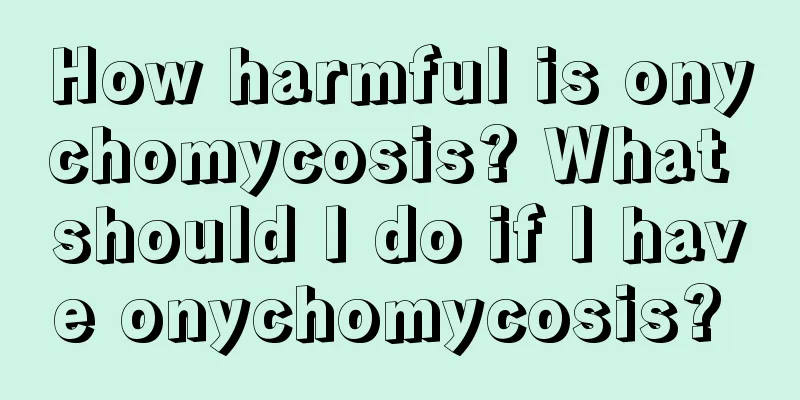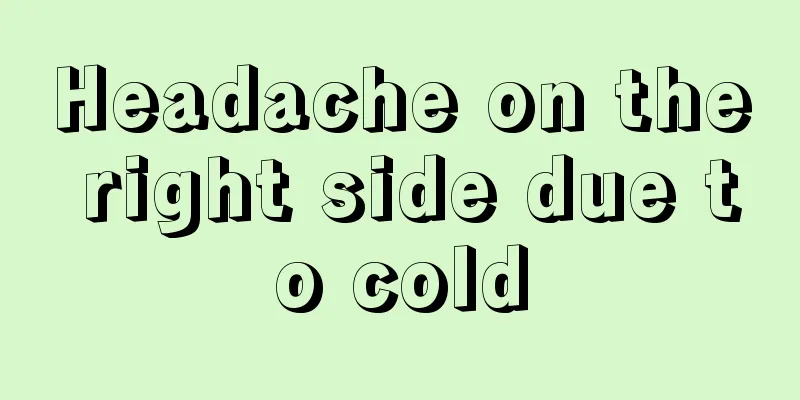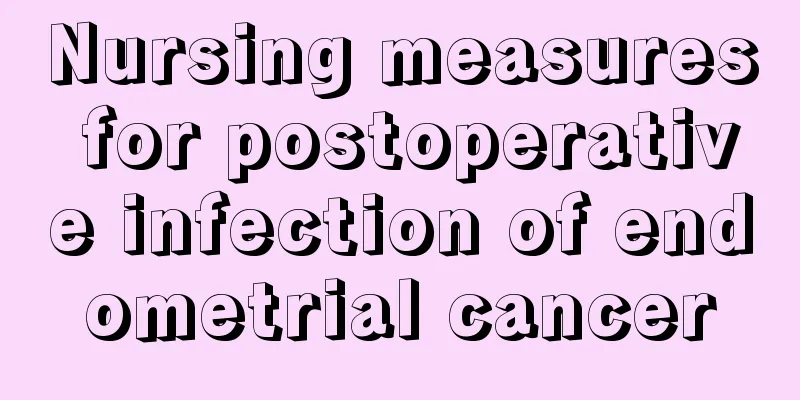How harmful is onychomycosis? What should I do if I have onychomycosis?

|
The scientific name of onychomycosis is onychomycosis. The main cause of onychomycosis is bacteria invading the nails or under the nails. Its main impacts include affecting appearance, restricting life, and having a great impact on people engaged in special professions, such as doctors, catering industry, etc. Nails play a protective role. If you have onychomycosis, it is easy to cause injuries to your fingers and toes. The hazards of onychomycosis are as follows: 1. The fungus in onychomycosis is invisible to the naked eye and is often a source of infection for pathogenic fungi that spread to the outside world. 2. Severe onychomycosis can cause pain and discomfort. Moreover, the nail muscles of patients with onychomycosis are exposed or compressed by thickened nails. Once they are injured by various injuries, bacteria can easily penetrate into the nails, thus causing complications such as paronychia, onychomycosis, and pyoderma of the fingers. 3. The harm of onychomycosis can easily affect daily life. Nails and toenails have great physiological significance for us. Treatment of onychomycosis: 1. Surgical nail removal Suitable for single nails. Under local anesthesia, the affected nail is removed. This method causes large wounds, bleeding, and is prone to infection. The operation generally causes more pain and is prone to recurrence of infection, so it is rarely used in clinical practice. Patients with heart disease, high blood pressure, diabetes, etc. are not suitable for surgical treatment. 2. Oral medication Suitable for multiple nails. For example, take 250 mg of terbinafine tablets orally daily for 6 to 12 weeks; take itraconazole 400 mg/day for 7 days and rest for 21 days as a course of treatment, and continue for 3 to 6 courses; take fluconazole 150 mg 1 to 2 times a week for more than 4 months. It can cure more than 80% of onychomycosis and onychomycosis. However, because this type of drug must reach the deck where the fungus is parasitic to exert its antibacterial effect, the dosage is large and the medication time is long, adverse drug reactions should be monitored regularly. 3. Topical therapy Depending on the different drugs, the main methods include local application of drugs and sealing and cutting. (1) Use a nail file (non-professionals should avoid using a razor blade to avoid bleeding and infection) to thin out irregular and damaged nails. The best time to do this is once every two days. (2) Apply 30% glacial acetic acid or 10% glacial acetic acid to the affected nails once a day for more than 3 to 6 months. The effect will be better if the diseased nail is thinned before applying the medicine. Before applying nail polish, be sure to protect the skin around the nails with a mild ointment; (3) Antifungal topical medications such as terbinafine tincture, amorolfine nail lotion, and ciclopirox nail lotion can be applied topically. |
<<: What is the function of plant roots?
>>: What is the principle of invisible orthodontic treatment?
Recommend
Anti-inflammatory foot bath
In real life, soaking your feet frequently is ver...
Is bone cancer contagious after it spreads
Is bone cancer contagious after it spreads? This ...
What should I do if I get red spots on my face due to allergies
Many people are prone to red spots on the face du...
Moxibustion treatment after bone cancer
The moxibustion therapy of "Yanfeng" is...
Is nasopharyngeal carcinoma easy to treat? What are the treatment methods?
Nasopharyngeal cancer has caused troubles to many...
Can olive oil be used to care for hair?
Olive oil is rich in vitamins and unsaturated fat...
What are the symptoms of pancreatic cancer
If you see a thin person with jaundice on the str...
People should be more wary of the causes of breast cancer
Breast cancer is a common tumor disease that gene...
What exercises can be done to prevent prostate cancer
What kind of exercise can you do to prevent prost...
Scraping therapy for skin cancer using new technology
For the treatment of more stubborn skin cancer, w...
Winter tonic food becomes fashionable, but most people have blind spots in tonic food
When winter is approaching, we can see that many ...
What are the famous snacks in Guizhou
Guizhou is located in the southwest of China. It ...
Is thyroid cancer curable?
The cure rate of thyroid cancer is relatively hig...
Is it okay to wash your face with acidic water when you have acne on your face?
There are many reasons for acne, such as excessiv...
What are the symptoms of lung cancer metastasis? Pay attention to these
There are many symptoms of lung cancer metastasis...









